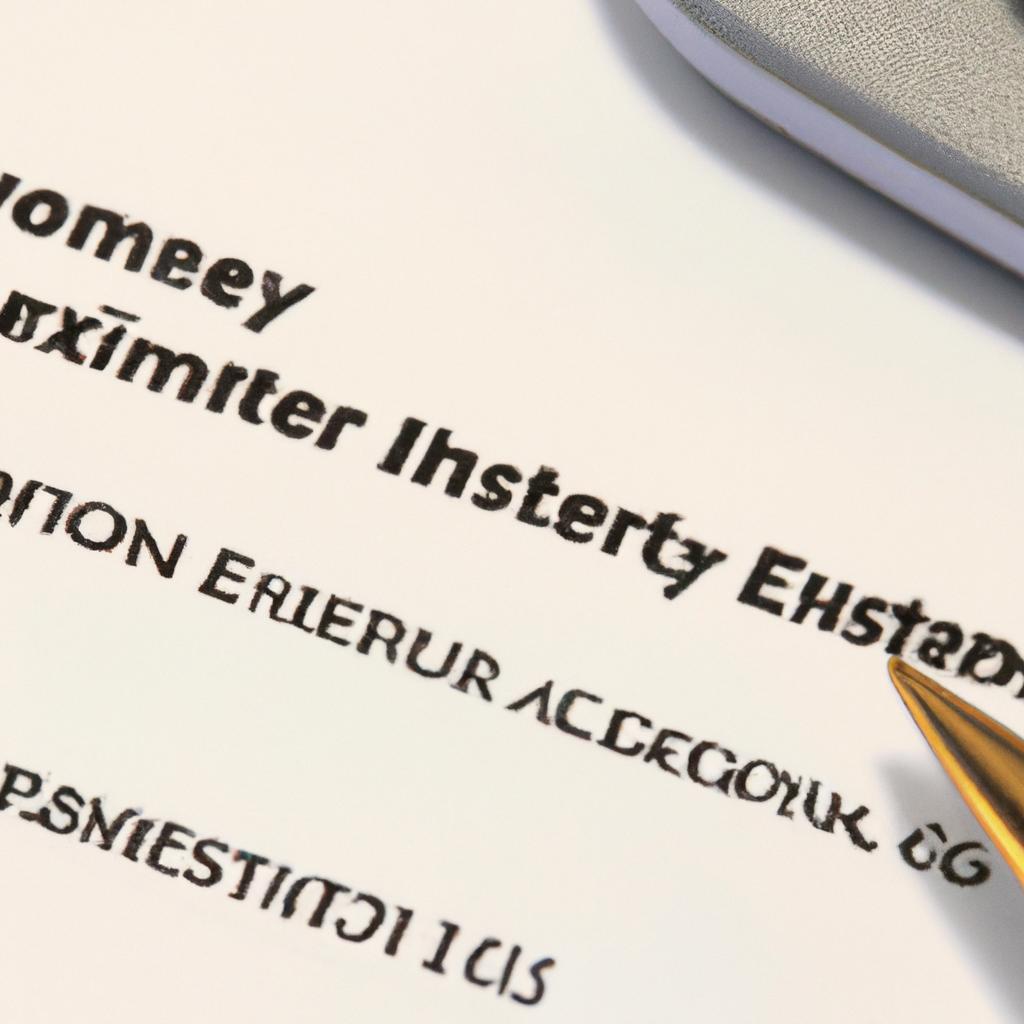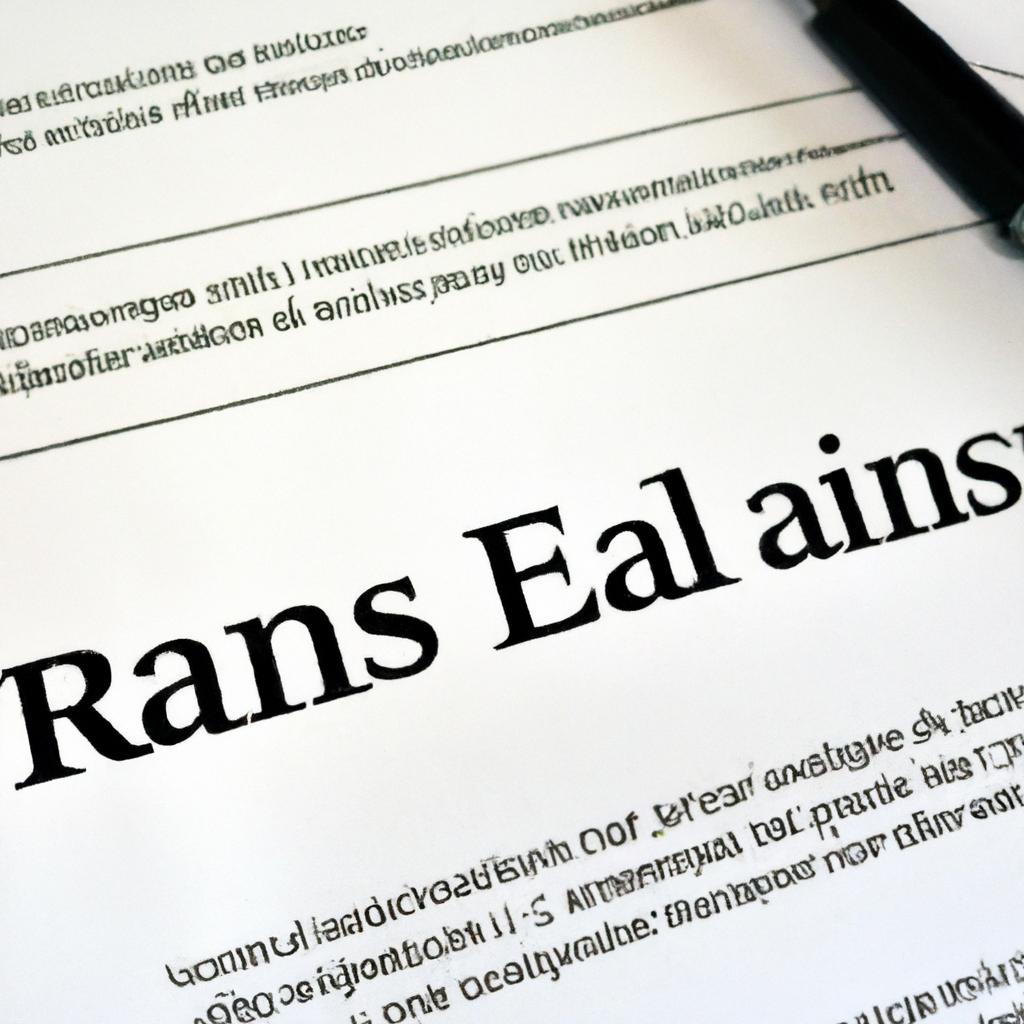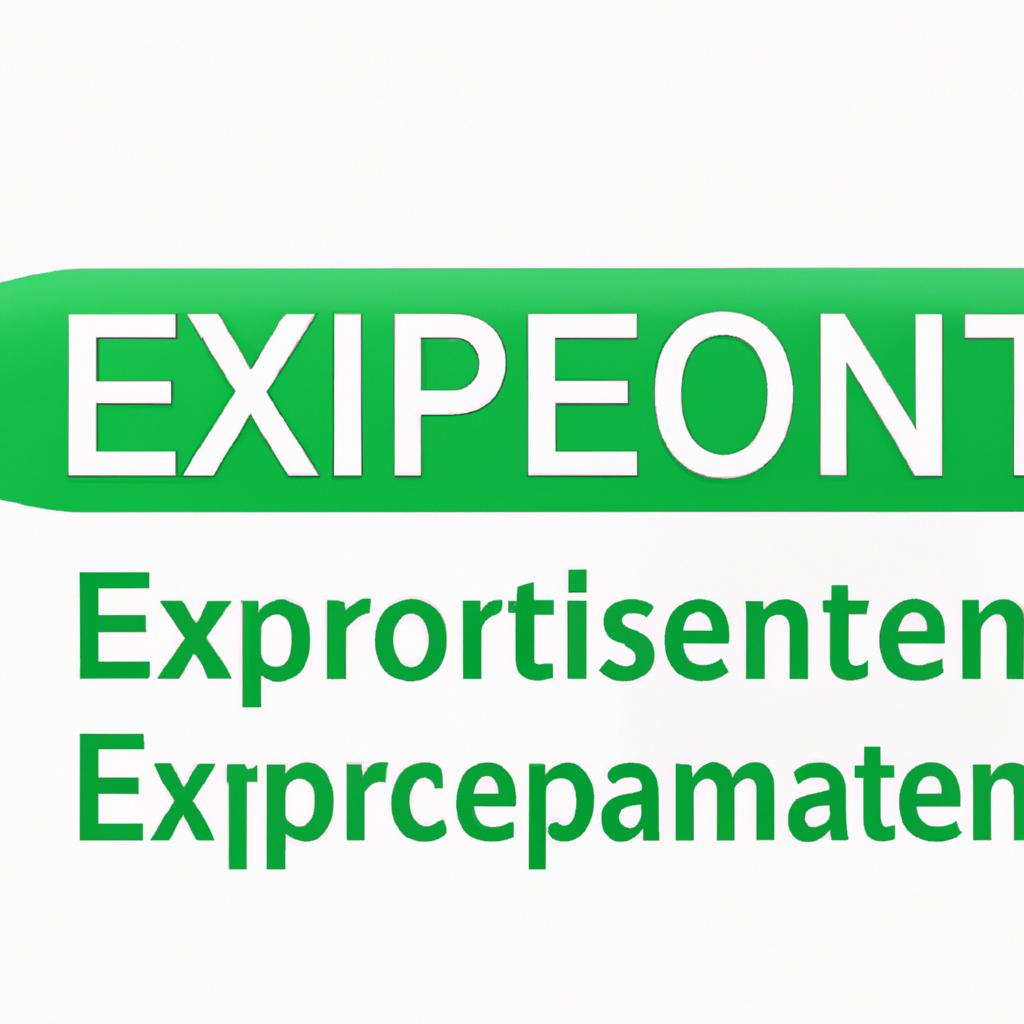Establishing an Estate Identification Number (EIN) is a crucial step in ensuring the smooth administration of an estate account. As seasoned legal professionals at Morgan Legal Group in New York City, we understand the importance of navigating the complexities of estate planning with precision and expertise. In this article, we will guide you through the process of obtaining an EIN for an estate account, providing you with the knowledge and tools necessary to protect and manage assets effectively.
Applying for an Employer Identification Number for an Estate Account
In order to obtain an Employer Identification Number (EIN) for an estate account, it is crucial to follow the necessary steps outlined by the Internal Revenue Service (IRS). The EIN is a unique nine-digit number assigned to businesses and entities for tax purposes, including estates. Here are the steps to apply for an EIN for an estate account:
Firstly, gather all the necessary information required for the application process, including the decedent’s Social Security number, the executor or administrator’s information, and the estate’s legal name. Next, visit the IRS website and complete the online EIN application form. Provide accurate details about the estate, its purpose, and the executor’s role. Once the application is submitted, you will receive the EIN instantly, allowing you to open a bank account in the estate’s name and manage its financial affairs effectively. Remember, having an EIN for an estate account is essential for tax reporting and legal purposes, so ensure you follow the correct procedures to obtain one efficiently.
| Required Information | Details |
|---|---|
| Decedent’s Social Security Number | 123-45-6789 |
| Executor/Administrator Information | John Doe, executor |
| Estate Legal Name | Smith Family Estate |

Navigating the IRS Requirements for Obtaining an EIN for an Estate Account
When , it is essential to understand the process thoroughly to ensure a smooth and successful application. One crucial step is determining the type of entity that the estate falls under, as this will determine the specific forms and information needed for the application.
- Identify the type of estate: Determine whether the estate is a trust, probate estate, or other type of legal entity.
- Complete the appropriate form: Depending on the type of estate, the executor or administrator must complete either Form SS-4 or Form 56 to apply for an EIN.
- Gather necessary information: Ensure all required information is gathered, including the decedent’s name, address, and SSN, as well as the estate’s name and address.
Additionally, it is important to have a clear understanding of the IRS guidelines and requirements for obtaining an EIN for an estate account. Failure to comply with these regulations can result in delays or complications in the estate administration process. It is advisable to seek professional guidance from an attorney or tax advisor to ensure all necessary steps are taken to obtain an EIN successfully.
| Tip | Consider applying for an EIN as soon as possible to avoid any delays in the estate administration process. |
|---|

Utilizing Proper Documentation and Forms for EIN Application
When applying for an EIN for an estate account, it is essential to utilize proper documentation and forms to ensure a smooth process. The first step is to gather all necessary information, including the decedent’s name, social security number, date of death, and the executor’s contact information. Having all the required documents in order will expedite the application process and prevent any delays.
Next, it is crucial to complete the appropriate IRS forms for an estate EIN application. This typically includes Form SS-4, which can be filed online or through mail. Make sure to provide accurate information and double-check all details before submitting the form to avoid any errors or complications. By following these steps and utilizing proper documentation, you can obtain an EIN for an estate account efficiently and effectively.

Expert Guidance and Tips for a Seamless EIN Application Process
To successfully obtain an EIN for an estate account, it is crucial to follow the proper procedures and provide accurate information. One key tip is to ensure that all required documents are in order before starting the application process. This includes having a copy of the deceased individual’s death certificate, as well as any necessary legal documentation, such as a will or trust agreement. Additionally, it is important to have all relevant personal and financial information on hand, such as social security numbers and addresses.
When filling out the EIN application, be sure to provide clear and concise information about the estate and its beneficiaries. Double-check all details to avoid any errors or delays in the approval process. It can also be helpful to seek guidance from a legal professional experienced in estate planning to ensure that the application is completed accurately and efficiently. Remember, obtaining an EIN for an estate account is a crucial step in managing the deceased individual’s assets and liabilities, so it is essential to approach the process with care and attention to detail.
| Name | Location | Contact |
|---|---|---|
| John Doe | New York | john.doe@example.com |
| Jane Smith | New Jersey | jane.smith@example.com |
Q&A
Q: What is an EIN and why do I need one for an estate account?
A: An EIN, or Employer Identification Number, is a unique nine-digit number assigned by the IRS to identify a business entity. You need one for an estate account to separate the estate’s finances from personal finances.
Q: How do I apply for an EIN for an estate account?
A: You can apply for an EIN online through the IRS website, by mail, fax, or by phone. Be prepared to provide information about the estate such as the decedent’s name and social security number.
Q: Can I use my own social security number instead of an EIN for an estate account?
A: It is not recommended to use your own social security number for an estate account as it can cause confusion and may lead to tax issues. It’s best to obtain an EIN for the estate.
Q: Is there a fee to apply for an EIN for an estate account?
A: No, there is no fee to apply for an EIN through the IRS. It is a free service provided to help manage the finances of businesses and estates.
Q: How long does it take to receive an EIN for an estate account?
A: You can receive an EIN immediately after completing the online application. If you apply by mail or fax, it may take up to four weeks to receive your EIN.
Q: What should I do if I have trouble applying for an EIN for an estate account?
A: If you encounter any issues while applying for an EIN, you can contact the IRS for assistance. They can help guide you through the application process and answer any questions you may have.
Closing Remarks
In conclusion, obtaining an EIN for an estate account is a crucial step in managing the financial affairs of a deceased individual. By following the steps outlined in this article, you can easily navigate the process and ensure that the estate is properly administered. Remember, having an EIN allows you to open a bank account, file taxes, and handle other important financial transactions on behalf of the estate. So take the necessary steps to secure an EIN today and give yourself peace of mind knowing that you are properly managing the estate’s finances.

